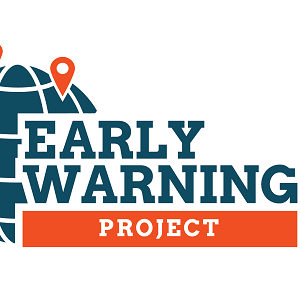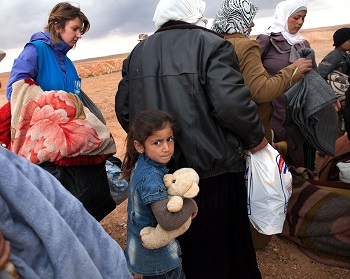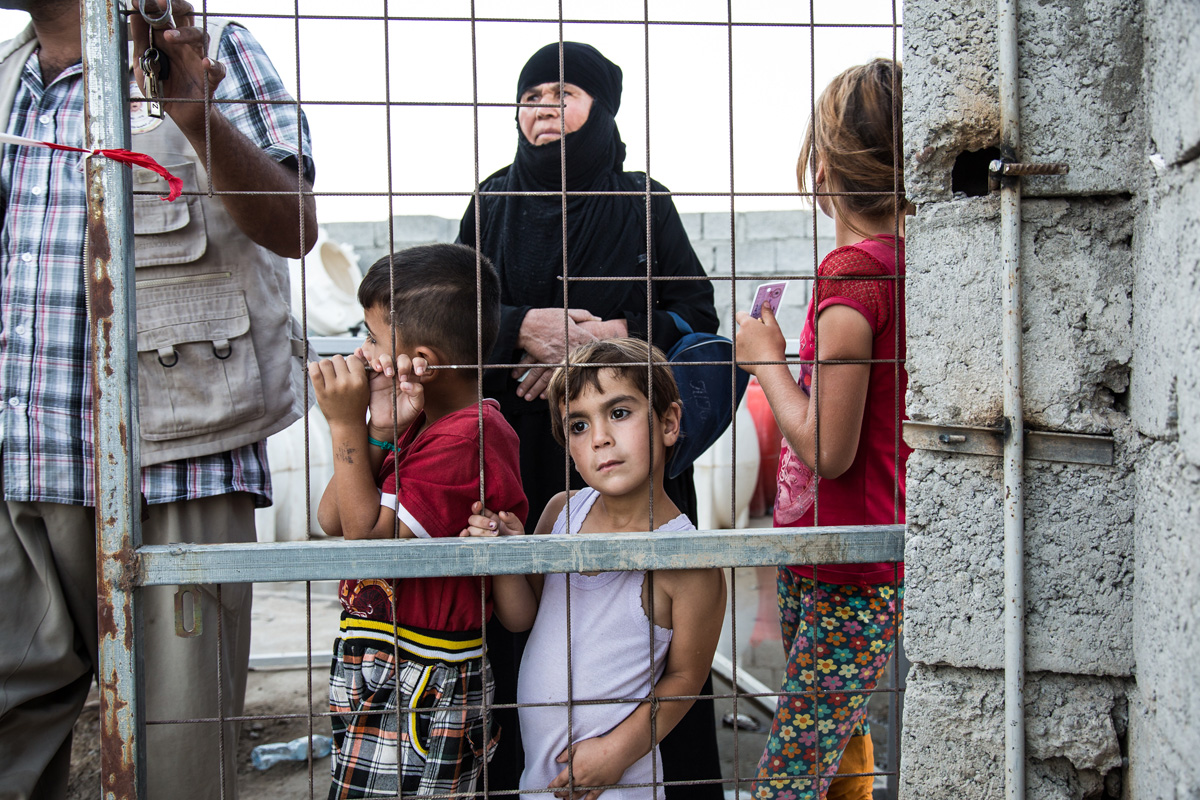-

Protests in Burundi and the Risk of Mass Killing
May 2, 2015
In April 26, Pierre Nkurunziza, the president of Burundi since 2005, announced he would run for a third term in upcoming elections, prompting protests and violence in Bujumbura, the country’s capital. Civil society actors and opposition advocates argue that Nkurunziza and his political party, the National Council for the Defense of Democracy–Forces for the Defense of Democracy (CNDD-FDD), have violated the terms of the 2005 Arusha Accords, which ended a decades-long civil war that saw over 300,000 civilian deaths.
-

Despite Low Mass Killing Risks, Likelihood of New Conflict in Mali Increase as Peace Talks Falter
April 2, 2015
In the early morning of March 6, a masked gunman attacked a crowded nightclub in Bamako, the capital of Mali. In a combination of automatic gunfire and grenade blasts claimed by the northern Mali-based militant group Al Mourabitoun, the gunman killed five people, including four civilians. Beyond Bamako, rebel violence since the conclusion of a French-led military operation against militants in the country’s northern region in early 2013 has periodically targeted civilians throughout Mali.
-

In Nigeria, Ongoing Mass Killings Threaten Civilians as Concerns of New Violence Mount
March 25, 2015
On March 11, Nigerian officials announced that a coalition of West African security forces had occupied 36 towns in northeast Nigeria previously held by Boko Haram, the Nigerian militant group. Earlier the following week, Nigerian security forces also claimed control of Bama, a town in northeast Borno state strategically located along the road between Maiduguri, the state capital, and the Nigeria-Cameroon border. The coalition’s territorial gains are the latest display of military strength by troops that, until recent months, have been unable to stem Boko Haram’s attacks against civilian and military targets in northeast Nigeria, northern Cameroon, and southeast Niger.
-

Finding a Place for Atrocity Prevention amid New Security Challenges
March 23, 2015
Experts discuss the growing desire of the policy community to make atrocity prevention a national and international priority.
-

On The Fourth Anniversary of the Syrian Civil War: A Case for Prevention
March 18, 2015
The fourth anniversary of the Syrian civil war is this week, and the statistics showing the human toll of the conflict are bleak. Nine children are killed in Syria every day. 6-percent of the population has been killed, maimed, or wounded. Life expectancy has fallen by 27-percent, from 75.9 years to 55.7 years. And 3.3 million Syrians have fled and are living as refugees in neighboring countries; 7.6 million people are internally displaced.
-

Marking the Fourth Anniversary of the Syrian Conflict
March 13, 2015
On the fourth anniversary of the uprising in Syria, the Museum calls for effective and sustained efforts to end the horrific suffering of the Syrian people, who are in the midst of the largest humanitarian crisis since World War II and facing the threat of genocide.
-

In Yemen, Chronic Instability May Decrease the Likelihood of Mass Killing
March 3, 2015
As one of the 20 countries most likely to experience the start of a new episode of state-led mass killing, according to our statistical risk assessments, Yemen demands our attention. In recent weeks, several countries have shut their embassies in Sanaa, and the UN has continued to warn of the potential for civil war.
-

Atrocities Early Warning Q&A: Simona Cruciani
January 27, 2015
Simona Cruciani works on information management, early warning, and risk assessment in the United Nations Office on Genocide Prevention and the Responsibility to Protect. She joined the Office in July 2008, after having served in United Nations field operations in Burundi and Sudan. In Burundi, Cruciani served in the United Nations Peacekeeping Operations ONUB as an Electoral and Civil Affairs Officer. In Sudan, she worked as Civil Affairs Officer for UNMIS. Cruciani’s focus has primarily been on supporting human security, democratization and human rights in conflict and post-conflict situations. She owns Master’s Degrees in Contemporary History, International Affairs and Public Health.
-

What Makes Good Forecasters
January 23, 2015
The Early Warning Project strives to use the best methods to assess risks of mass atrocities around the world, so we are happy to see a new paper (PDF) from the Good Judgment Project (GJP)—a multi-year, U.S. government-funded forecasting experiment that's set to conclude later this year—getting lots of press coverage this week. As Kelsey Atherton describes for Popular Science (here),
-

Crisis in Haiti
December 12, 2014
Over the past several months, Haiti has slipped into a political crisis that threatens to get worse in early 2015. As the International Crisis Group summarized in its 1 December 2014 edition of Crisis Watch,


